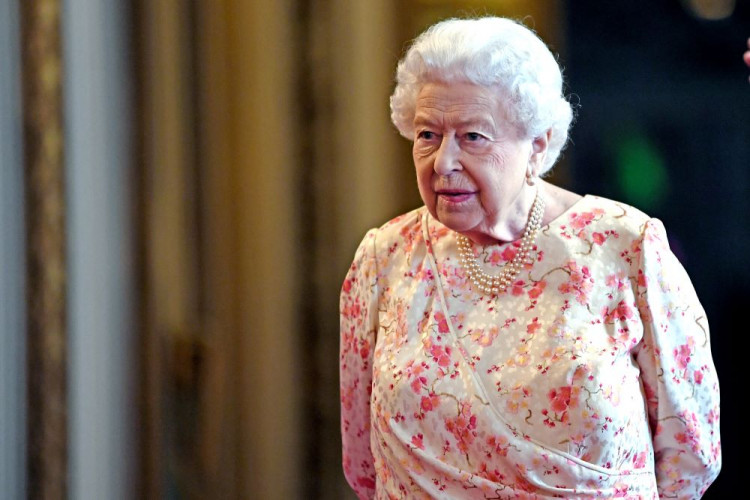Queen Elizabeth approved United Kingdom's Prime Minister Boris Johnson's request to suspend parliament.
The suspension will take effect from the second week of September and will resume on or after October 14.
The move has become controversial because the suspension left lawmakers only 17 days before the highly-debated Brexit, or the process of the UK leaving the European Union. The Queen's approval was given through the Privy Council in Balmoral despite strong objections from Labor Party and Opposition leader Jeremy Corbyn and Liberal Democrat leader Jo Swinson.
"It is the day ordered by Her Majesty in Council that the Parliament be prorogued on a day no earlier than Monday the 9th day of September and no later than Thursday the 12th September 2019 to Monday the 14th day of October 2019," the approval reads.
While the suspension of the parliament normally happens in the U.K., Johnson's request was made under pressing circumstances. The request, however, only served as a virtue of formality only for the Queen. Experts of the U.K. politics said it would be more controversial and "unprecedented" if Queen turned down the request. But then again, while the request was made for formality's sake, Johnson's move struck as something highly premeditated.
It would be recalled that the UK was originally scheduled to leave the EU last March 29. This was moved to October 31 due to the debate between a deal or no-deal Brexit. Now, that Parliament is to resume by October 14, the debate may no longer delay Brexit as what had previously happened. Essentially, the suspension brings odds in favor of a no-deal Brexit.
The controversy lies in that Johnson has always been a strong advocate of Brexit. He wanted to leave the EU with or without a deal. This contradicts what the majority of the opposition members of Parliament have been pushing. They want a deal, believing that a no-deal Brexit will bring a negative impact to the local economy.
Speaking of economic impact, the pound came under intense selling hours after Johnson spoke about the looming five-week suspension of the parliament. On Wednesday morning, the pound fell a cent lower versus the US dollar, bring it to a six-day low of below $1.22.
Indeed, U.K. officials, particularly those who reject a no-deal Brexit, accused Johnson as staging a "coup" with his request for parliament suspension. Commons Speaker John Bercow described his request as a "constitutional outrage" while former chancellor Philip Hammond said it was "profoundly undemocratic."
Johnson denied all accusations, highlighting that he did not request for the suspension to further delay Brexit.






